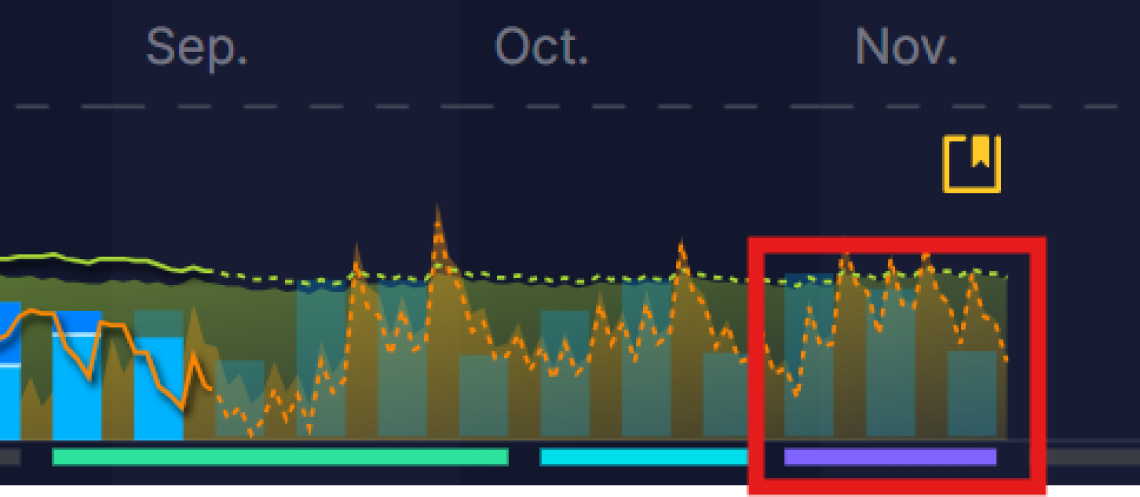The final phase of your marathon training cycle is all about fine-tuning and preparing your body and mind for race day. At this point, you've built up a strong foundation, logged countless miles, and tackled tough workouts. Now, it's time to shift gears a little to ensure you arrive at the starting line feeling fresh, confident, and ready to tackle the 26.2 miles ahead.
Marathon Pace Workouts
One of the main components of the final phase of your training cycle is marathon pace workouts. These workouts help your body to get comfortable with the pace you'll be running on race day. It’s not about going faster or pushing yourself to exhaustion, it's about running at a steady, controlled pace that you can sustain over the entire 26.2 miles. These workouts give you confidence and reinforce what your target pace feels like.
There are various types of workouts that you can include to help get more comfortable running your goal pace. A few examples would be:
- Long run with 4x1 mile repeats at marathon pace in the middle
- Long run with a set number of miles focused on goal marathon pace
- Long run with the last few miles at goal marathon pace to practice a fast finish or being able to push the pace/effort on tired legs
Each of these allows your body to get comfortable with the pace so that you can easily pick up that effort on race day. If you are looking for an example of a workout, you can download the one below directly to your training calendar:
- Progression Run- Fast Finish: This workout is ideal for half and full-marathon plans. After your warm-up, run the first part of this workout at your Aerobic Endurance pace and finish with the last 3-miles at the goal race pace before completing a short cool down. This workout helps practice the race day strategy, negative splits.
The Marathon Taper

Predicated Training Load during the taper from a user's training calendar in training hub.
Reduce Volume
As you get closer to the marathon, you’ll begin to reduce the overall volume of your training. This is known as tapering and it's designed to help your body recover from the accumulated fatigue from months of hard work. In the last month, you won't drastically cut volume, but rather gradually start to scale back.
COROS EDUCATION: If your peak week includes 40 miles of running, you might drop to 30-35 miles in the third week out and 20-25 miles the week after that. The goal here is to maintain fitness without adding unnecessary fatigue.
During tapering, many runners fear they’ll lose fitness if they aren’t hitting the same mileage as earlier in the training cycle. But it's important to remind yourself that the hard work is already done or as many will say "the hay is in the barn". The goal now is to let your body absorb that training while staying sharp with some key workouts.
Focus on Intensity
While the volume of your training will decrease, the intensity during certain workouts remains high. Your key sessions, such as marathon pace runs, should still challenge you but not leave you overly fatigued. This keeps your muscles sharp and helps your body maintain the rhythm of running at race effort.
Midweek sessions might involve tempo runs at marathon pace, or longer intervals with short rest periods. You’re not aiming to push yourself to exhaustion but to reinforce the feeling of running strong at your target pace. Remember that the focus at this phase of training is more on quality and not quantity.

Example of a week of training towards the end of a Personalized Marathon Training Plan.
Listening to Your Body
Fatigue from the months of training might make some days feel tough and you may even question the goals that you have set for yourself. If you’re feeling particularly tired, don’t be afraid to skip a workout or cut it short. Recovery is just as important as training, especially in the final month. Your goal is to arrive at the starting line healthy and injury-free, even if it means making some adjustments to your training plan.
COROS EDUCATION: Paying attention to your recovery metrics and understanding how they interact with each other not only will help to improve your performance but also help you get the most out of your taper. Learn more of how to the recovery metrics in a recent COROS Coaches blog- Recovery Metrics Explained


/filters:quality(90)/fit-in/970x750/coros-web-faq/upload/images/3531b3d7c76c7ed14b1c3445cf38fe51.png)





